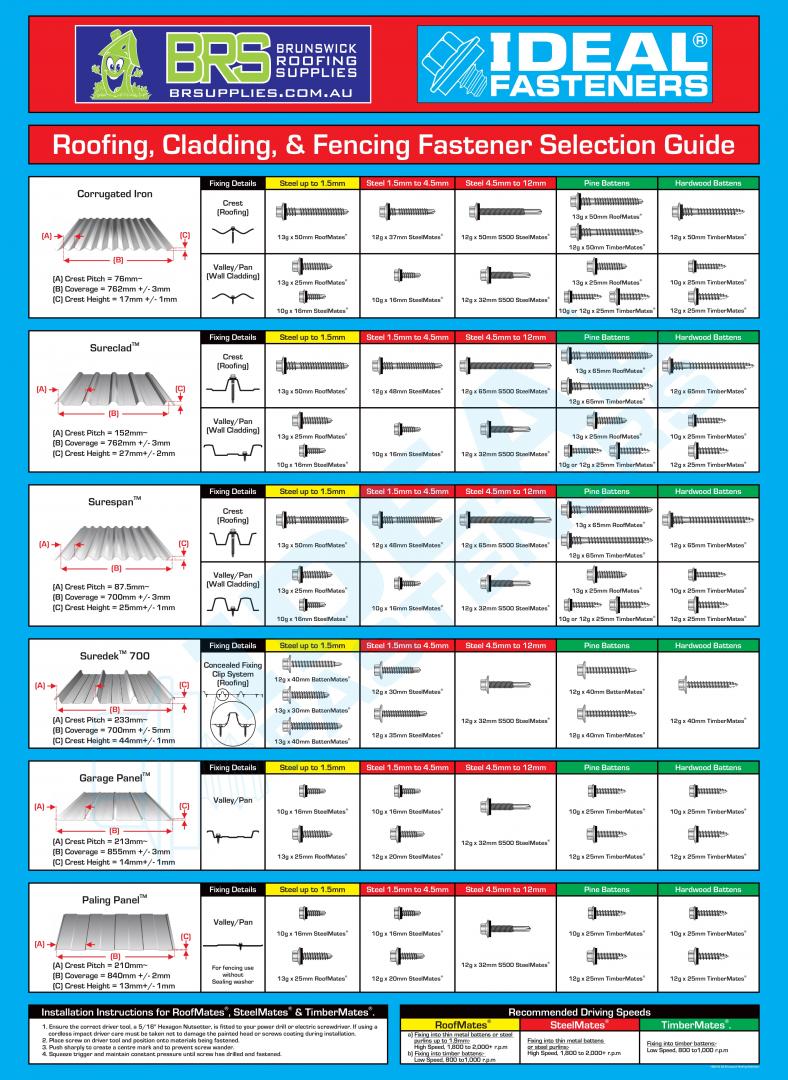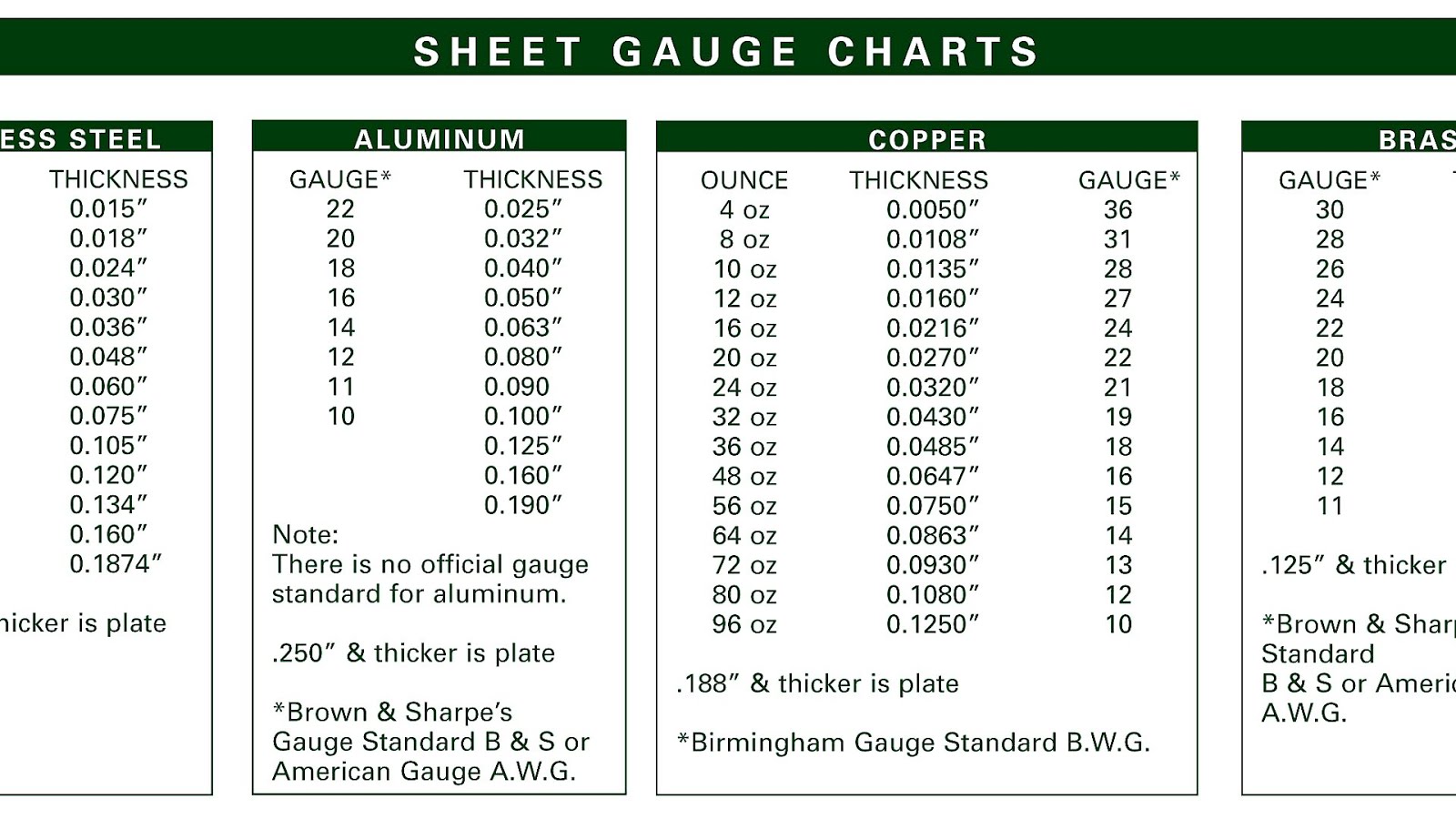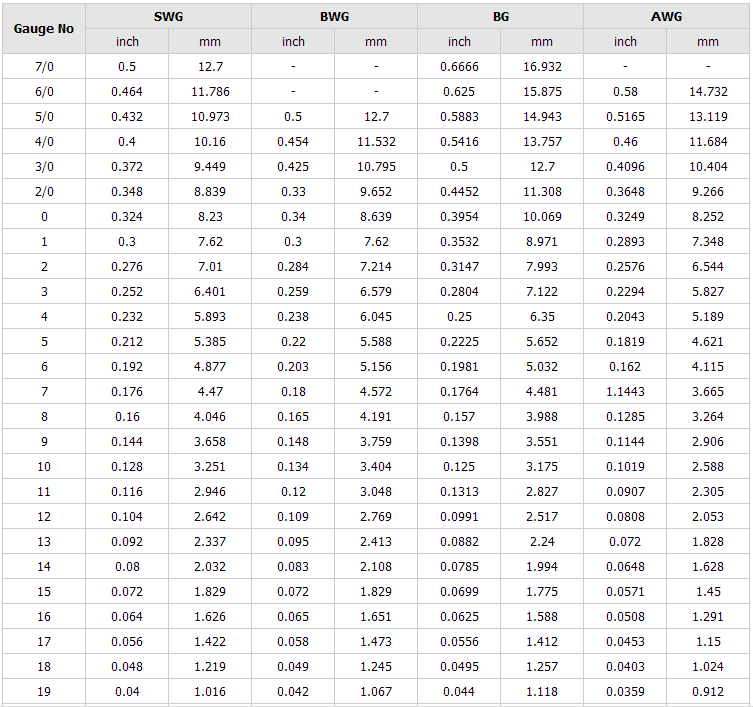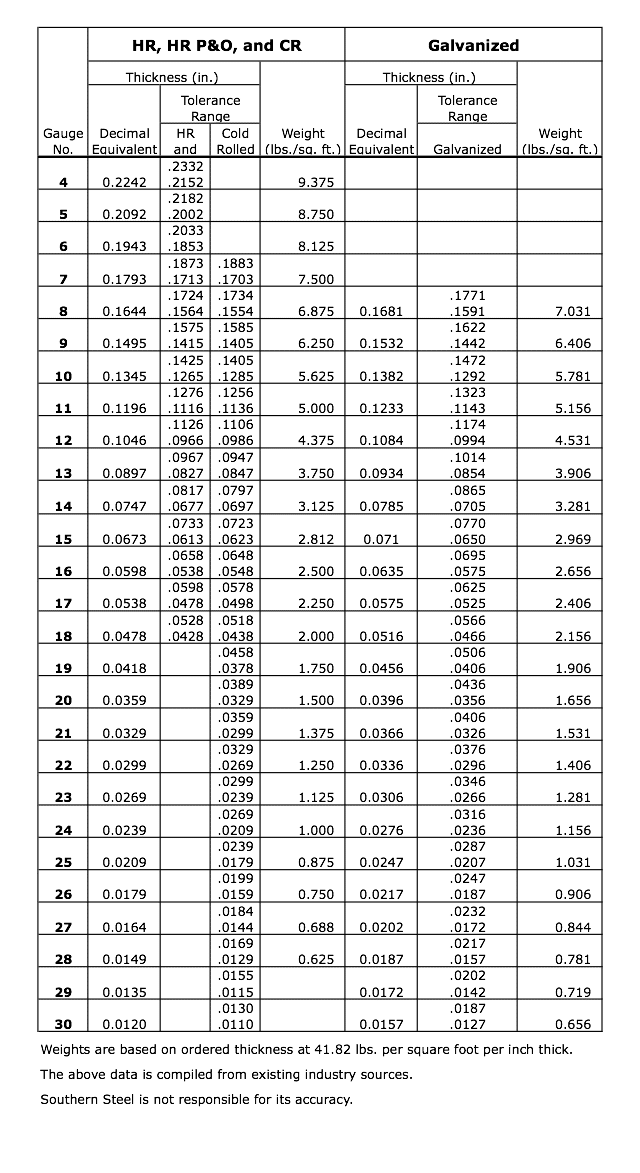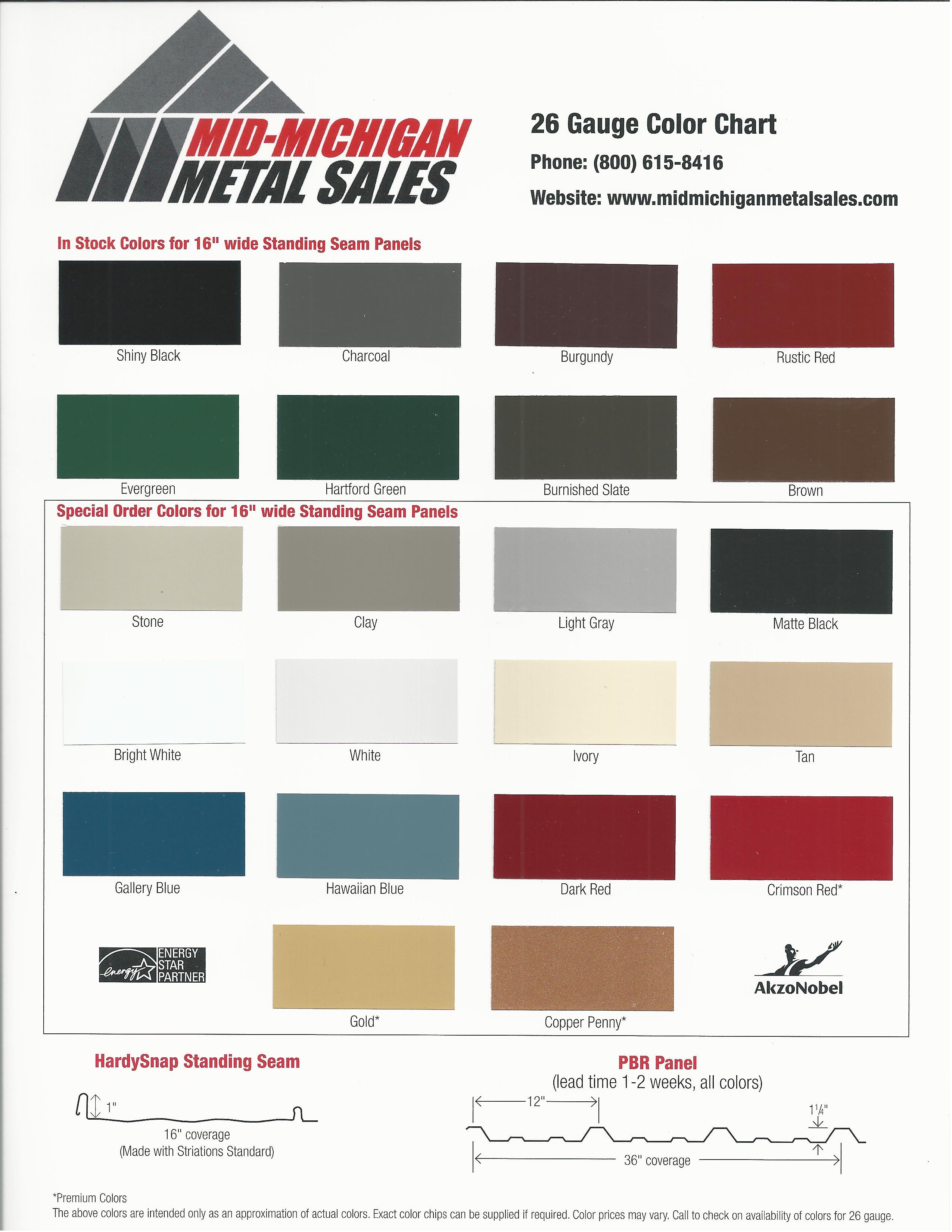Thicker gauges offer more durability and resistance to elements. We discuss how metal gauge affects installation and compare the different gauges. By understanding the nuances of. Web the most common gauges you’ll find are 22, 24, 26, and 29, with each having unique characteristics, advantages, and potential challenges. Web manufacturers in the united states use gauge to express the thickness of metal roof panels.
By understanding the nuances of. Where you’re located, your building’s structure, your area’s climate, and more are all factors. There are pros and cons to each. Web the most common gauge sizes for metal roofing are 22, 24, 26, and 29. Web common gauges for steel roofing range from 22 to 29 gauge, with 29 being thinner and 22 being thicker.
By understanding the nuances of. There are pros and cons to each. Web the most common gauges you’ll find are 22, 24, 26, and 29, with each having unique characteristics, advantages, and potential challenges. Where you’re located, your building’s structure, your area’s climate, and more are all factors. Web the most popular options are 22, 24, 26, and 29.
Roof panels vary in thickness from 22 gauge to 29 gauge. We discuss how metal gauge affects installation and compare the different gauges. Web manufacturers in the united states use gauge to express the thickness of metal roof panels. Out of these four gauges, 24 gauge and 26 gauge are the most widely used. Where you’re located, your building’s structure, your area’s climate, and more are all factors. Web looking for the correct gauge for your corrugated metal roof? Web the gauge of metal roofing you should use depends on your needs. Web the most popular options are 22, 24, 26, and 29. Web common gauges for steel roofing range from 22 to 29 gauge, with 29 being thinner and 22 being thicker. There are pros and cons to each. Web the most common gauges you’ll find are 22, 24, 26, and 29, with each having unique characteristics, advantages, and potential challenges. Web the most common gauge sizes for metal roofing are 22, 24, 26, and 29. By understanding the nuances of. Thicker gauges offer more durability and resistance to elements.
By Understanding The Nuances Of.
Web the most common gauge sizes for metal roofing are 22, 24, 26, and 29. Web looking for the correct gauge for your corrugated metal roof? We discuss how metal gauge affects installation and compare the different gauges. Web the most popular options are 22, 24, 26, and 29.
Web The Most Common Gauges You’ll Find Are 22, 24, 26, And 29, With Each Having Unique Characteristics, Advantages, And Potential Challenges.
Out of these four gauges, 24 gauge and 26 gauge are the most widely used. Thicker gauges offer more durability and resistance to elements. Where you’re located, your building’s structure, your area’s climate, and more are all factors. Roof panels vary in thickness from 22 gauge to 29 gauge.
Web The Gauge Of Metal Roofing You Should Use Depends On Your Needs.
Web common gauges for steel roofing range from 22 to 29 gauge, with 29 being thinner and 22 being thicker. Web manufacturers in the united states use gauge to express the thickness of metal roof panels. There are pros and cons to each.


